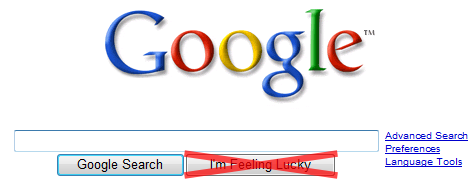programming languages
Configuring The Stack
A standard part of my development kit is Microsoft’s Visual Studio. Here’s what I have to install to get a current, complete version of Visual Studio 2005 on a new PC: 1. Visual Studio 2005 Team Suite Edition 2. Visual Studio Team Explorer (Team Foundation Client) 3. Visual









